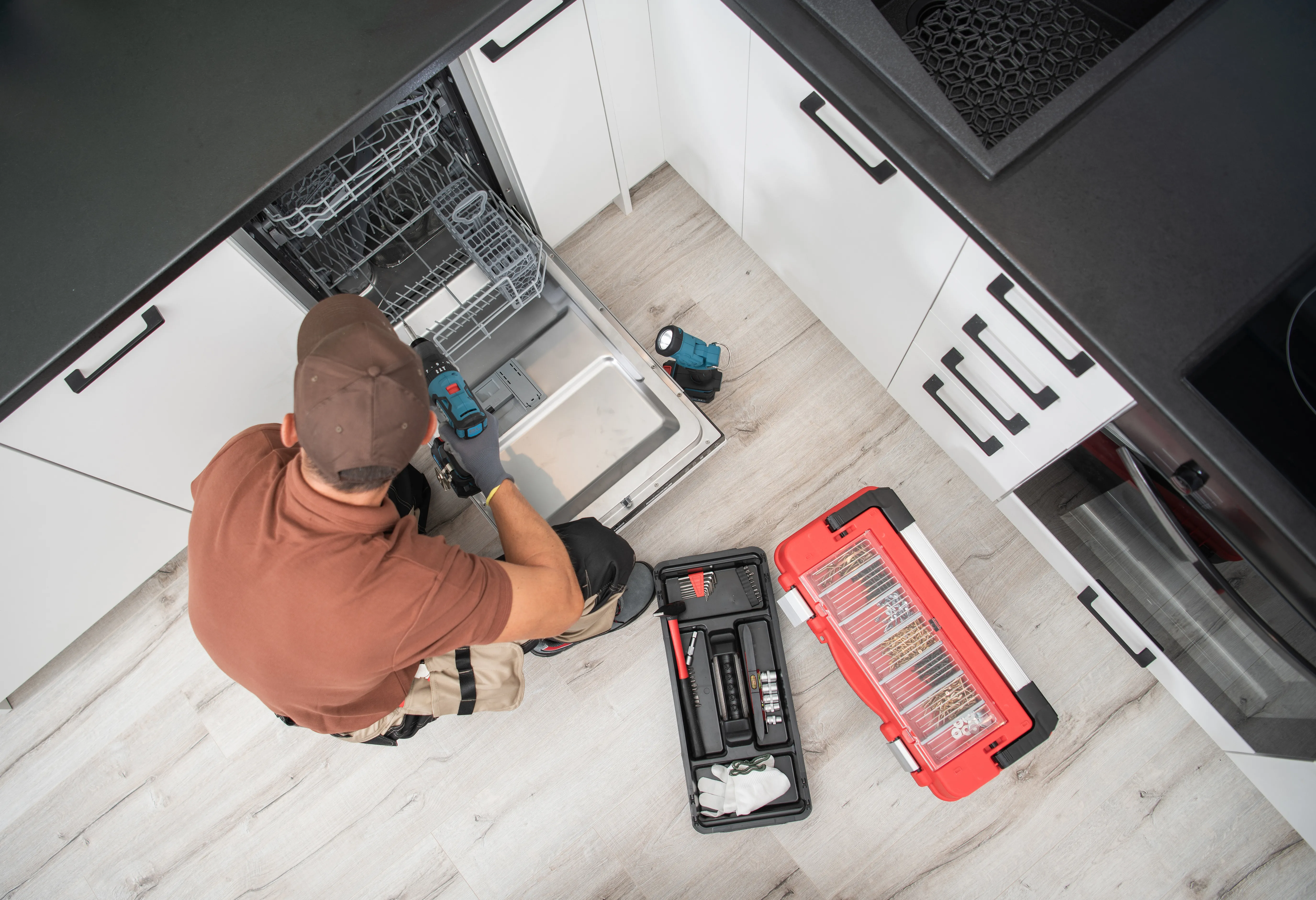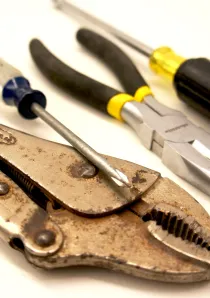Are Landlords Legally Required to Make Repairs?
Among the many things landlords worry about, apartment repairs are a top concern. Generally, repairs are the landlord's responsibility unless the lease states otherwise. But if the cause of the damage can be easily attributed to the tenant, the landlord can chargeback the work to the tenant as long as the lease is clear on this issue.
Apartment Repair Tips Chicago Landlords Should Know
Before move-in, landlords should inspect the unit with their prospective tenant and complete a signed report as a rider to the lease. This report will remove questions as to the condition of the unit upon commencement of the lease. Additionally, a signed report can define any existing damage and establish expectations for who will be responsible for various repairs.
CHICAGO LANDLORDS BEWARE: Regardless of what you add to the lease, the Chicago Residential Landlord Tenant Ordinance (CRLTO) will overrule any agreement where there is a discrepancy. If the tenant is responsible for repairs needed during the lease term, those items should be drafted in the lease. Accordingly, the lease should also specify who will be permitted to do the repairs. Obtaining a properly bonded, insured, and licensed contractor (approved by the landlord) is vital to avoiding additional damage if the repair is not properly addressed.
The CRLTO lays out numerous landlord obligations to keep the property habitable. These obligations are found in section 5-12-110 of the CRLTO, and explicitly include the below:
- Keeping premises structurally safe and sanitary.
- Supplying hot and cold running water.
- Maintaining heating systems capable of delivering minimum temperature requirements (68°F daytime, 66°F nighttime from Sept 15 - June 1).
- Ensuring electrical, plumbing, and sanitation systems are functional.
- Providing adequate lighting in hallways and stairways.
- Preventing infestations and maintaining cleanliness in common areas.
Keep in mind that if a landlord violates this section of the CRLTO by failing to make the required repairs, the tenant can terminate the lease and vacate the property. The tenant must first give written notice and allow time for the landlord to remedy the issue. However, if the issue is not remedied, the tenant may terminate the lease and move out.
If the CRLTO does not specifically state a particular repair or the lease is silent as to the type of repair, it would be prudent for the landlord to quickly provide the service to avoid the potential for larger damage down the road (not to mention the inherent benefits of maintaining a good relationship with the tenants) and prevent code violations.
Landlords who are not familiar with the CRLTO should consult with an attorney before drafting and signing a lease. The CRLTO is full of penalties that can cost a landlord much more than a repair.
Tenant's Repair and Deduct Rights
Under the CRLTO, if a landlord fails to make required repairs within 14 days after receiving written notice from the tenant (or less if it's an emergency), the tenant can arrange for the repairs themselves and deduct the cost from their rent. This deduction cannot exceed $500 or half the monthly rent, whichever is greater. Receipts must be provided to the landlord.
Emergency Repairs
In situations involving emergencies, like loss of heat, electricity, water, or hazardous living conditions, the CRLTO requires landlords to respond promptly. If the landlord does not immediately address the issue after receiving notice, the tenant may pursue emergency repairs at the landlord's expense.
Disclaimer: The general information that Domu provides about Chicago landlord tenant law is not intended as legal advice. Domu endeavors to provide accurate information, but the law is subject to change, and Domu is not a law firm or provider of legal services. Questions about your particular leasing situation should be directed to a lawyer.




